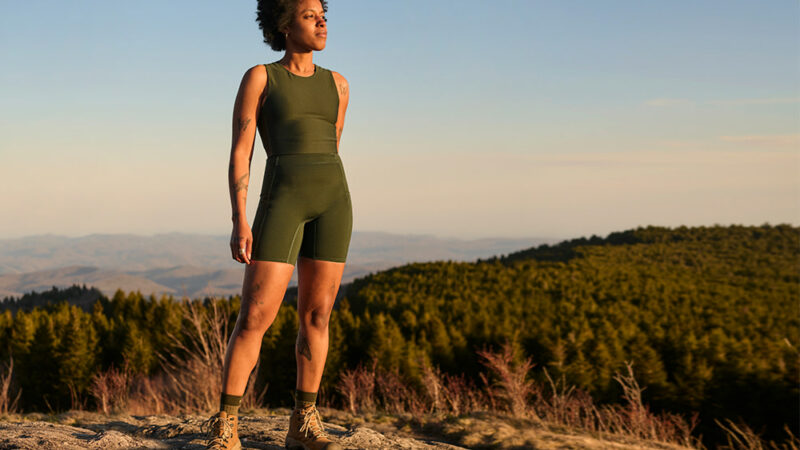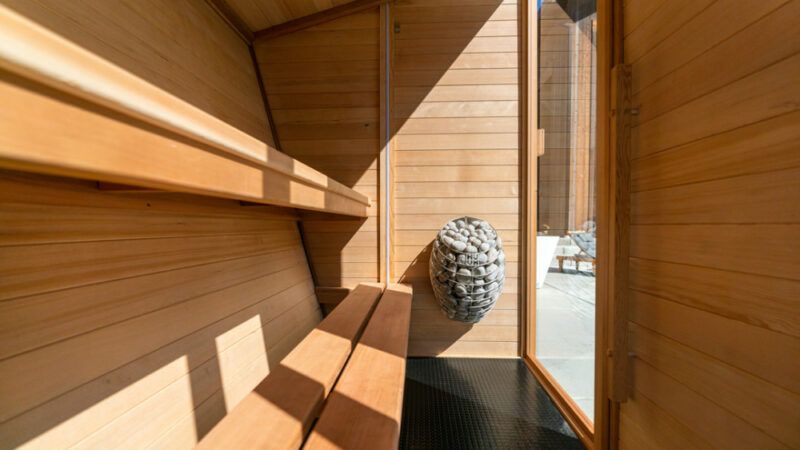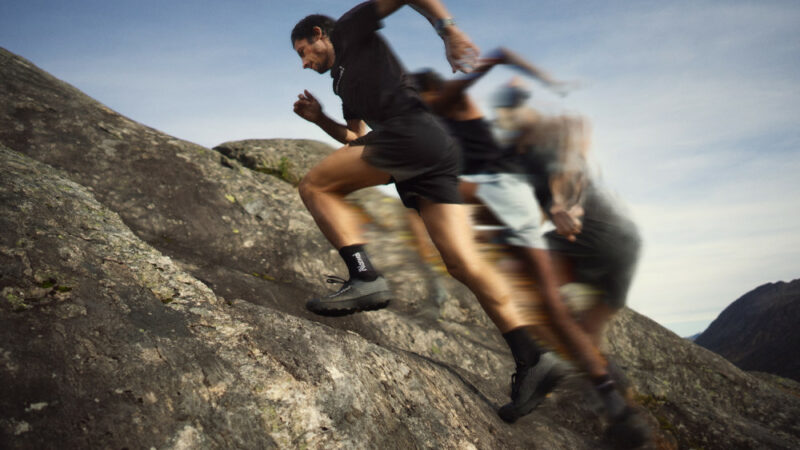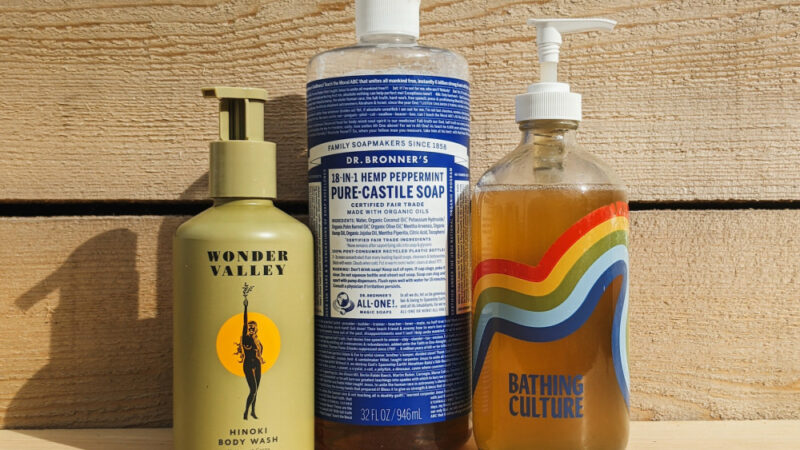Here Are the Best Shoes for Your Summer Travel Plans

Frequently Asked Questions
How We Selected the Best Walking Shoes
We’ve been roaming the world for going on a decade and have got our feet in as many pairs of shoes as we can during that time, from hiking boots to running shoes to made-for-walking shoes, and more. This list represents the latest and greatest, based on our testers’ experiences with them as well as extensive research on new models to keep things regularly updated.
What to Look for in Walking Shoes
Support
A good pair of shoes should be comfortable and provide ample stability, with a cushioned sole and good arch support to prevent foot fatigue. Walking shoes feature varying levels of drop (the difference between the height of the heel and the forefoot) and midsole cushioning, which will affect how each pair feels and provide different levels of stability. Those with particular needs, like extra support or correction for overpronation, may benefit from a neutral shoe with a custom insole.
Most brands have a higher heel-to-toe drop but there are still brands making zero drop shoes. The jury is out on if drop causes or prevents injury, but as a general rule, those who need immediate arch support or have heel pain will benefit from a traditional drop (10mm). Those who are looking to strengthen their arches over time or have plantar fasciitis will benefit from zero drop shoes. As always, it’s best to try on shoes in-store to hone in on what feels right.
Breathability
A lightweight and breathable design is also important to keep your feet cool and dry in warmer conditions. A breathable shoe will prevent moisture build up on the inside, which can lead to blisters and other ailments that take the fun out of walking. Waterproof shoes and hiking boots such as those with Gore-Tex (often denoted as GTX in the shoe name) will inherently be less breathable due to the presence of that waterproof membrane.
Wide Toe Box
The shoe should fit snugly with enough room for your toes to move and splay out, especially over the course of a long day packed with strolls. Some shoes are designed with extra wide toe boxes to promote natural movement and toe splay and will be denoted as such in the description. Designs vary from brand to brand—Asics won’t use the same last as Reebok or New Balance, for example—but you’ll also find that shoes vary within brands too.
Durability
If you’re in the market for a walking shoe that also performs on trails, look for durable materials that can withstand wear and tear. Grippy soles and deeper lugs will provide better traction on wet and uneven surfaces, but they might not be as comfy on pavement and sidewalks all day long. Upper and midsole materials will, naturally, wear out over time too, especially some of the softer meshes and foams found in many lightweight running shoes with lots of cushioning. On the other end of the spectrum, a good leather boot will last the longest, but it might not provide the most comfort.
How Do I Break In My New Shoes?
Walk in them! If you’re buying walking shoes for a trip, wear them for shorter jaunts around home first. Wear them at work, to the grocery store, and around your home. There are hacks to make the break-in period go faster, but in our experience the best way to do it is the old fashioned way. Most of the shoes on our list don’t really need a break in period—these aren’t backpacking boots.
How Often Should I Replace My Walking Shoes?
Replace your walking shoes when they start to show real signs of wear and tear. This might look like worn out tread, torn mesh, or delaminating layers. Be mindful of replacing them too soon—a tiny hole in the upper might not look nice but is probably nothing to worry about, and most walking shoes should last for 300 to 500 miles and even beyond. Repair or resole them when you can (especially if they’re boots), and check the brand’s warranty program if they seem to fall apart too soon.
Is It Okay To Buy Running Shoes For Walking?
Yes! With a cushioned and supportive construction, many running shoes and trail running shoes make great walking shoes. Some running shoes might have features specifically for running that won’t do much for you if walking is all you plan to use them for though—you don’t need a carbon fiber plate in there—so just make sure the features aren’t too extra.
Source: https://www.fieldmag.com/articles/best-walking-shoes-for-travel







